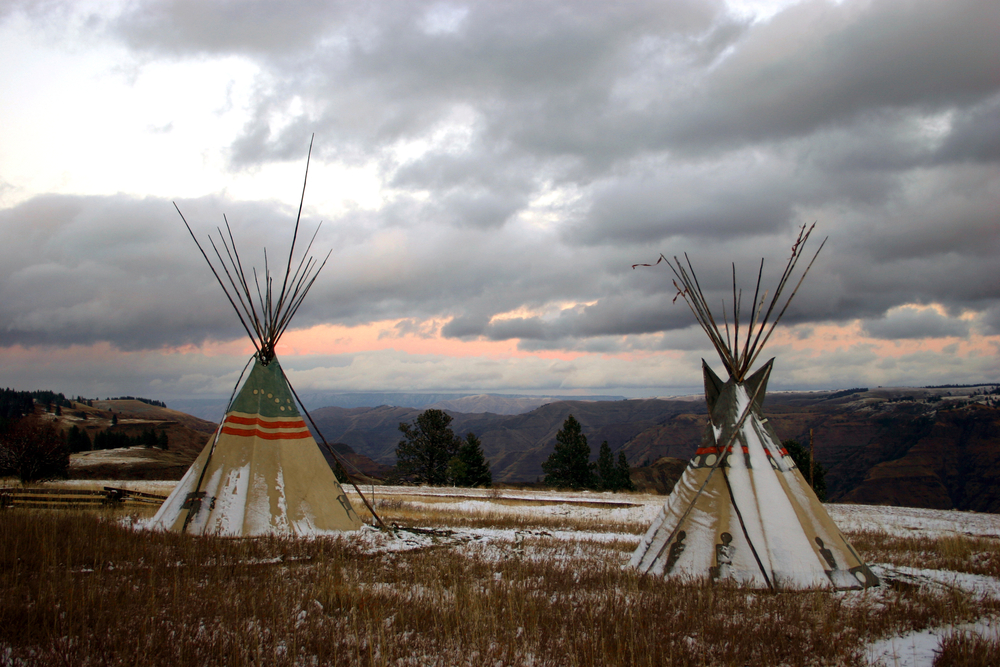On December 12, 2022, the U.S Supreme Court refused an electric utility’s request to hear a long-disputed case about tribal jurisdiction. The Supreme Court’s refusal to hear the case leaves in place a Ninth Circuit Court of Appeals decision that the Crow Tribe has regulatory and adjudicatory authority over the Big Horn Electric Cooperative (“Cooperative”).”
In the case before the Court, the Cooperative was attempting to disconnect electric service to the house of a tribal member without Tribal approval during winter on tribal trust land. The Cooperative’s actions violated a rule enacted by the Crow Tribe that prevented disconnecting electric power between November 1 and April 1 without specific prior approval of the Tribe.
The Ninth Circuit’s decision represents an important affirmation of tribal authority under the Montana v. United States, 450 U.S. 544 (1981) case. In Montana the Supreme Court held that, absent a treaty or federal law, tribes generally do not have authority to regulate the conduct of non-Indians on fee lands within a reservation unless: 1) there is a consensual relationship with the tribe, or 2) the conduct directly affected the health and welfare of the tribe.
Basing its decision on the first Montana exception, the Ninth Circuit found that the Cooperative had a consensual relationship with the Tribe through agreements to provide electric service and, as a result, the Tribe retained jurisdiction over the Cooperative. At the District Court level, the court had found that both exceptions apply. The Supreme Court’s refusal to hear the case leaves in place an important affirmation of tribal jurisdiction by the Ninth Circuit.
However, neither the Ninth Circuit nor the District Court addressed the status of the lands involved in the case. The Montana decision only applies to non-Indian fee land. The activities in this case occurred on a utility right of way and on tribal trust land.
The Cooperative argued that its utility right-of-way was the same as non-Indian fee land. Instead of address this claim, the Ninth Circuit and District Court found that the Tribe had jurisdiction under Montana and did not need to address the Cooperative’s claims about the lands involved.
Patterson Earnhart Real Bird & Wilson LLP is dedicated to the representation of American Indian tribes, tribal entities, and individual Indians across the United States. Our mission is to support and advance the sovereignty, self-sufficiency, and self-governance of our tribal clients. To learn more about how we can assist your tribe, contact our Colorado office at (303) 926-5292.

